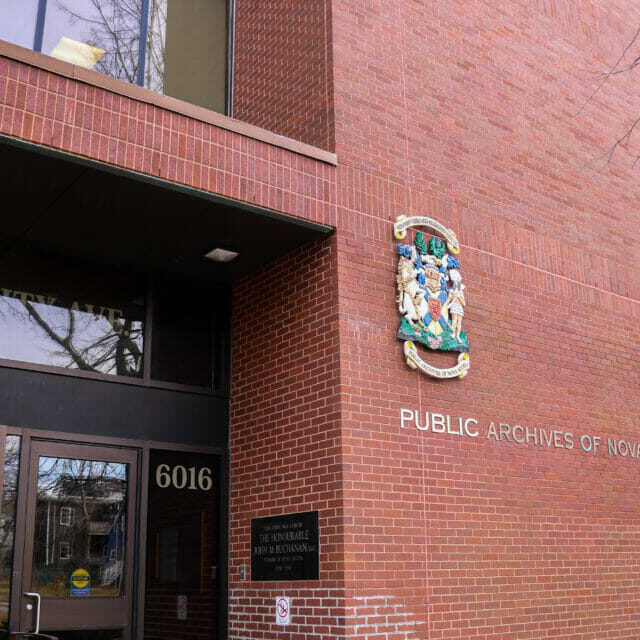
Making history available
NS Archives creates resource for African Nova Scotian historical documents
Nova Scotia Archives wants to help people find out more about the legacy of African Nova Scotians, with the launch of a new online resource.
The resource, Looking Back, Moving Forward: Documenting the Heritage of African Nova Scotians, went live Tuesday, Feb. 25, on the Nova Scotia Archives website.
This resource features never before published court records, maps, and photographs, some dating as far back as 1760.
“We have been kept abreast of what the archives have been working on for this project for a number of months. So, it was not so much a surprise when they made the announcement, but what was surprising was the depth of what they were able to accomplish,” said Wayn Hamilton, Executive Director of African Nova Scotian Affairs (ANSA).
A step forward
People of African descent have made their home in Nova Scotia for four centuries and have a deep, rich history that for many years has been inaccessible to the public.
Now, anyone who is curious can have access to detailed historical documents, giving them a glimpse into the past lives of African Nova Scotians — some slaves, some free and some labourers or tradespeople.
“This will make it a lot easier for people wanting to learn about African Canadian history,” said local African heritage historian David States. “This will be an excellent tool, not only for the public, but amateur historians, genealogists and students at all levels of education to learn more about African Nova Scotian history.”
African Nova Scotians who have always wondered about their origins may be able to get some answers as well.
“For example, there’s a lot of the folks that are settled out in Beechville, also Hammonds Plains, that records indicate that they came from Chesapeake Bay (Maryland, Virginia), during the war of 1812,” said Wayn Hamilton.
He also says ANSA plans to partner with the Nova Scotia Archives to encourage locals to submit old relics they have to expand the archives.
“The archives have the machinery that can do the scanning and laminating of official original documents where they would give back the original document to the community organization or person and it would then be protected and have a much longer shelf life,” said Hamilton.
Both Hamilton and States agree that the release of this information will help change the storyline surrounding African Nova Scotians.
“It pulls back on the narrative that we don’t have a history,” said Hamilton.
“We’ve got to broaden that narrative of who we are as African Nova Scotians to be much more inclusive of what’s there now. To me, this is just one of those next steps, making sure that the history, the heritage and all that makes up who we are and our past is reflected and is visible.”






